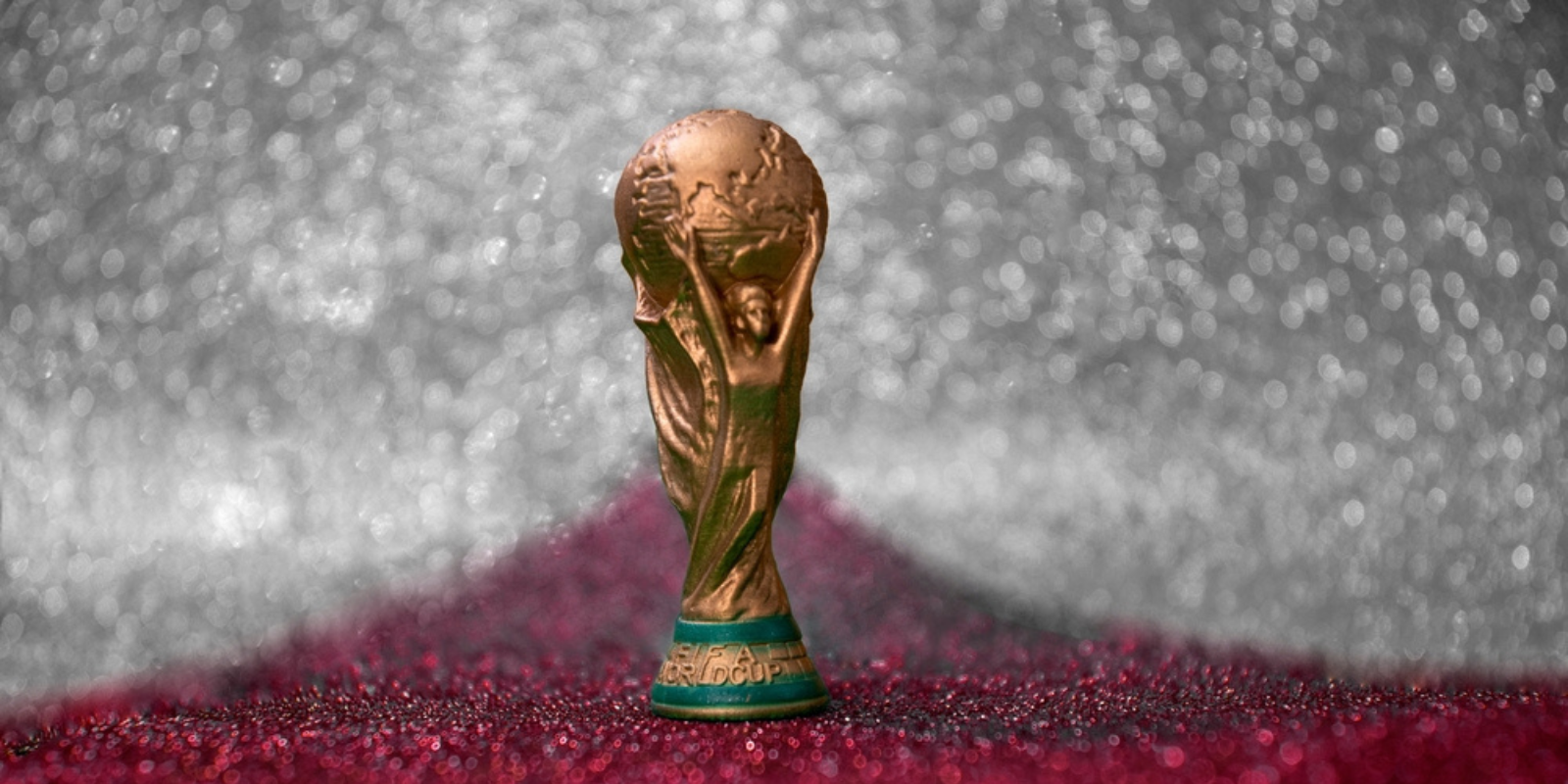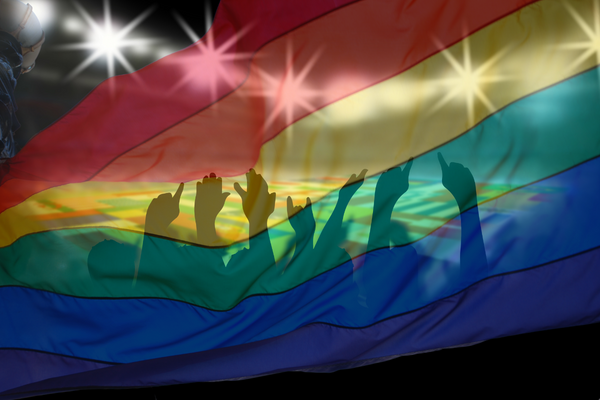On the spot: Media coverage of Football World Cup under scrutiny
When the Football World Cup kicks off in Qatar on 20 November, it won’t just be the players who find themselves in the spotlight. Journalists will be under intense scrutiny as they come to grips with covering what will be the elephant in the room throughout the tournament – the host’s human rights record.
The uneasy relationship that exists between the media and World Cup organisers hoping for a controversy-free tournament was underlined recently when an interview German public broadcaster ZDF was carrying out with World Cup ambassador Khalid Salman was abruptly ended by an official when Salman said homosexuality, which is illegal in Qatar, was “damage of the mind”.
As the backlash over the comments grew, Salman took to Twitter saying his words were “taken out of context” but doubled down on the view of Qatari authorities that everyone is welcome in the country “as long as they respect our culture and rules”.
While The Football Association (FA) has reassured LGBTQ+ fans they will be safe displaying affection at the World Cup – FA chief executive Mark Bullingham stating local authorities have been briefed to be “very tolerant and act in the right way” – it has not reassured the LGBTQ+ community.
“There is no weight behind this statement because it’s hearsay,” Joe White, co-chair of Pride in Football told PinkNews. “That doesn’t help if the worst situation happens, and someone gets arrested.”
Some have questioned whether the media attending the World Cup will be able to speak their mind. The Guardian reported that international television crews in Qatar could be banned from interviewing people in their own homes as part of sweeping reporting restrictions.
The restrictions are within a list of conditions that outlets must agree to when applying for a filming permit from the Qatari authorities to “capture photography and videography of the most popular locations around the country”. They also apply to photographers but do not explicitly refer to print journalists who do not film their interviews. The newspaper’s claims were called ‘inaccurate’ by Qatar with the Supreme Committee for Delivery and Legacy (SC) saying media representatives during the World Cup will not be subjected to strict conditions.
“In line with common practice all over the world, filming on private property is allowed, but requires consent from the owner or responsible entity for the property,” the statement read.
According to Doha News, Qatari authorities have updated an earlier version of this policy to ease the rules for World Cup broadcasters, including removing a rule that said they must “acknowledge and agree” that they will not produce reports that are “inappropriate or offensive to Qatari culture, Islamic principles.”
Despite reassurances, the world will be watching closely to see how broadcasters weave the controversy over Qatar’s human rights record into their coverage. One of football’s most prominent voices – former England striker Gary Lineker, who is fronting the BBC’s World Cup coverage, told The News Agents podcast he is “not worried about pissing off the hosts”.
“The BBC has not said exactly what we want to say but I think it’s very important we talk about the issues involved,” he pointed out.
The BBC and ITV told Deadline they will “address the topical issues” via their sports and news teams while stressing that they have no control over where the World Cup is hosted.
“ITV’s World Cup tournament coverage will focus on the football but will not shy away from the controversies off the pitch,” added a spokesman for the broadcaster.
The executive producer of Fox Sports’ coverage, David Neal, said the network’s coverage would focus on the sports and not the surrounding issues: “Our stance is if it affects what happens on the field of play, we will cover it and cover it fully. But if it does not, if it is ancillary to the story of the tournament. There are plenty of other entities and outlets out there that are going to cover that. We firmly believe the viewers come to us to see what happens on the field, on the pitch.”
Given the fact that a number of national football captains, including England’s Harry Kane, will be wearing rainbow-colored armbands during matches in support of the OneLove campaign against discrimination, sticking to football might prove difficult.











